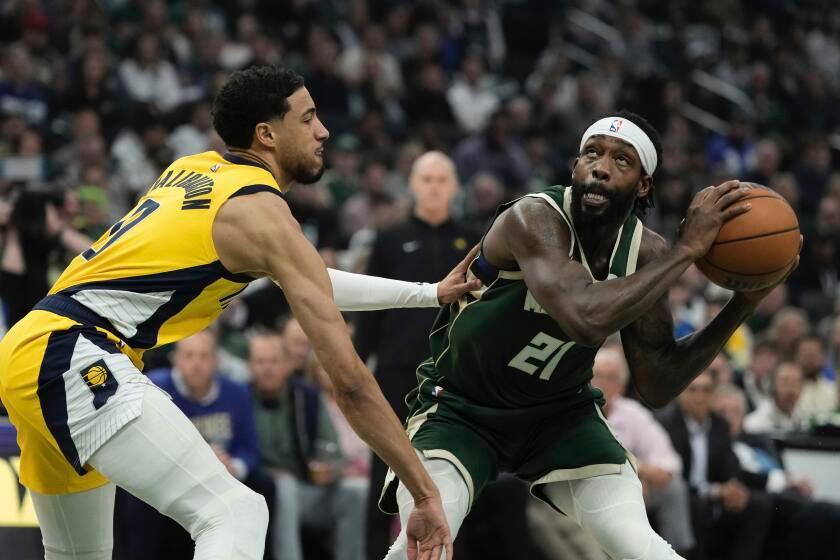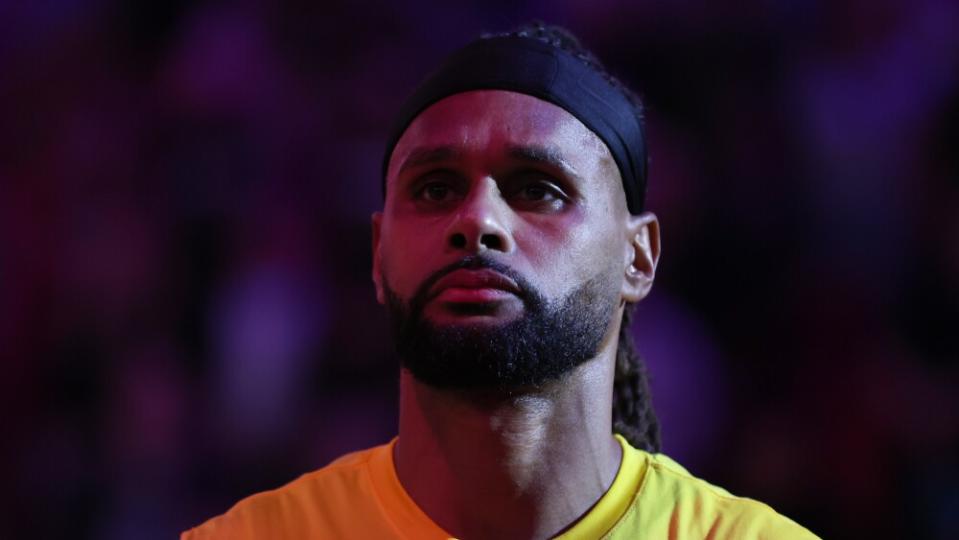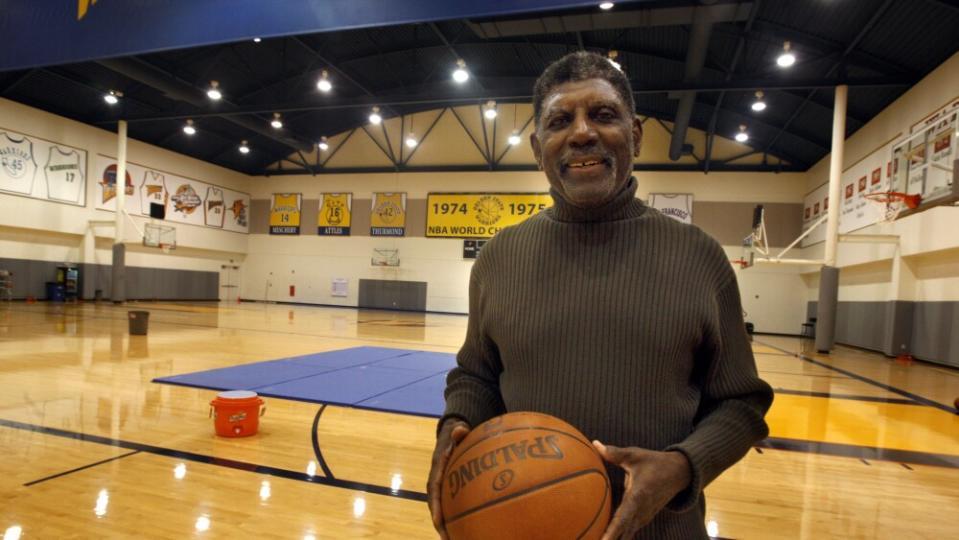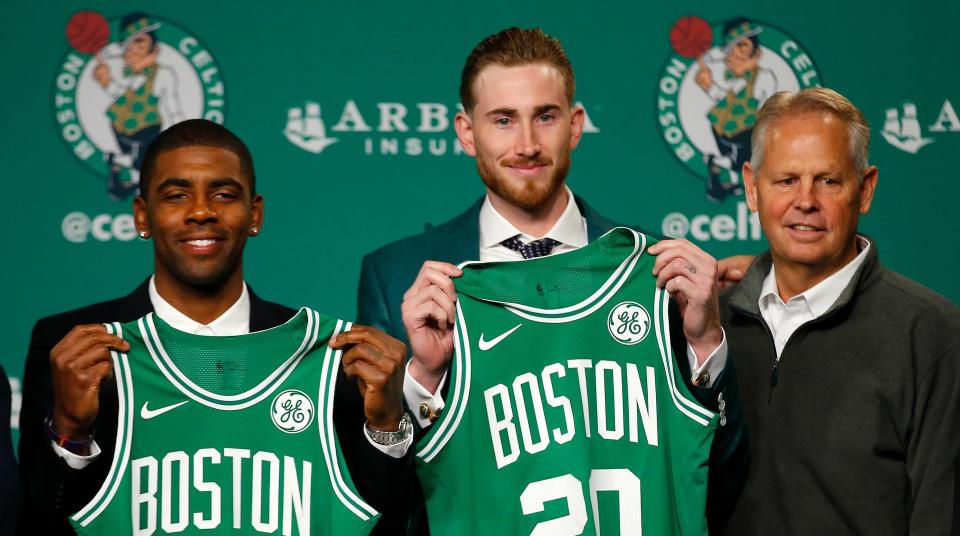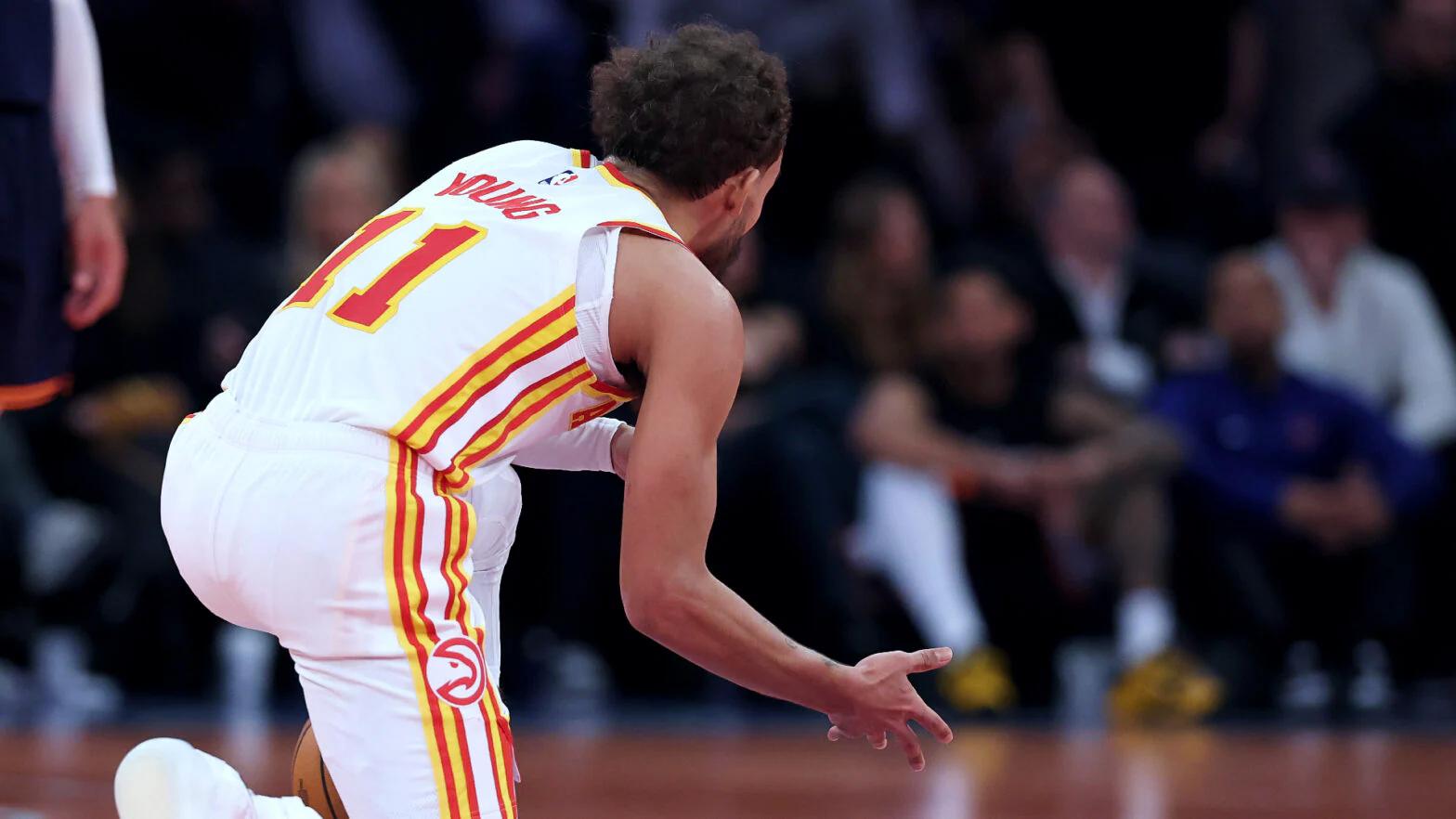Appeals Court Revives NBA's Privacy Case Against Facebook Video
The U.S. Court of Appeals for the Second Circuit has resurrected a case accusing the NBA of violating federal law. The case alleges that the NBA shared a California man's video-watching history with Meta when he visited NBA.com.
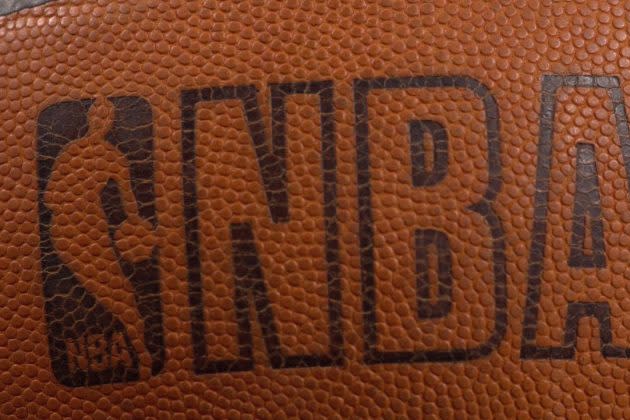
Michael Salazar alleges the NBA violated the Video Privacy Protection Act (VPPA), which President Ronald Reagan signed into law in 1988 following a newspaper disclosing U.S. Supreme Court Justice nominee Robert Bork’s video rental history during his (ultimately unsuccessful) confirmation hearings and which makes it unlawful for a video tape service provider to knowingly disclose a consumer’s personal information. U.S. District Judge Jennifer L. Rochon dismissed Salazar’s case last year on grounds he wasn’t a consumer within the meaning of the VPPA.
More from Sportico.com
Carter, McGrady, Altidore in Talks to Buy Buffalo Bills Stake
Knicks Resurgence Driving Value for MSG Sports
Blitzer, Morey Join Investors in Major League Table Tennis
Writing on behalf of herself and fellow Second Circuit Judges Reena Raggi and Eunice Lee, Judge Beth Robinson concluded Salazar has plausibly pleaded he was a consumer, since he subscribed to NBA goods and services. The Second Circuit vacated Rochon’s dismissal and remanded the case to Rochon for further proceedings consistent with Robinson’s opinion.
To that end, Robinson underscored that Salazar traded such personal information as his email address, IP address (which can capture physical location) and cookies associated with Salazar’s device in return for receiving an online newsletter from the NBA. Salazar’s history of watching videos on NBA.com, including while he was logged into his Facebook account, was also shared with Facebook, allegedly without his permission or notification
Salazar acknowledges he didn’t pay anything to watch videos or receive the newsletter, but his sharing of personal data in exchange for video watching and the newsletter is also a valuable form of barter, the Second Circuit reasoned. Robinson wrote “bits of code”—including a “Facebook Pixel,” which is embedded on NBA.com and on many websites and tracks how a person Internet surfs—is sent to Meta. In turn, Meta uses the data to better target advertisements for someone on Facebook. The judge stressed the “NBA receives financial remuneration from this arrangement.”
The NBA insists Salazar’s case is the equivalent of a legal air ball. As the league sees it, Salazar doesn’t count as a consumer under the VPPA since he didn’t rent, purchase or subscribe to a good or service provided by a videotape service provider. The newsletters didn’t contain videos or offer Salazar any enhanced access to videos on NBA.com.
To that end, the league says that merely watching a free video on a website “with no other relationship to the company” is far outside the intended reach of the VPPA. The statute was enacted in response to privacy concerns about a clerk at a video rental store leaking Bork’s rental history to a journalist. It concerns renters, purchasers and subscribers, not free viewers.
The NBA also argues Salazar’s interpretation of the law yields nonsensical outcomes. To illustrate, the league says it would be silly that someone who “previously and unrelatedly” bought a hammer at a brick-and-mortar chain store would become protected by the VPPA if that person later watched a free video on the chain’s website. The alleged analogy is that Salazar, an NBA fan, simply watched a video on NBA.com. Along those lines, the NBA maintains an online newsletter doesn’t count as an audiovisual good or service as that phrase is understood under the VPPA. Salazar also accepted an NBA.com privacy policy that explicitly states the website collects personal information from visitors.
Yet Robinson found these arguments to miss the rim. She reasoned the term “videotape service provider” is intended to be interpreted broadly. The term applies to businesses even if they’re primarily engaged in non-audiovisual materials (the judge said it would apply to “a general store that rents out a few movies” and not just big rental providers, like Blockbuster at its peak). Robinson also repeatedly emphasized that Salazar gave up his personal information, while adding the VPPA “is no dinosaur statute” and Congress didn’t intend for it “to gather dust next to our VHS tapes.”
Robinson also flatly rejected—you might say Borked—the NBA’s hammer example.
“Take the NBA’s hypothetical: A consumer buys a hammer, then watches free videos on the vendor’s website,” the judge wrote. “The NBA suggests that it is anomalous that this consumer is subject to privacy protections under the VPPA. But considering the privacy protective goals of the VPPA with respect to individuals’ video viewing information, this scenario does not strike us as anomalous. Especially given the broad definition of consumer in the VPPA, allowing disclosure of the consumer’s video viewing information would be out of sync with the statute’s goals.”
Salazar intends for his case to be certified as a class action on behalf of fellow Americans who, by accessing NBA.com, had their personal viewing information disclosed to Meta, but he faces a hurdle on that front. The NBA’s terms of use contain a class action waiver provision, which Salazar would need to overcome.
Salazar’s potential damages might prove modest. The VPPA provides statutory damages of at least $2,500 per violation, plus reasonable attorneys’ fees, litigation costs and possible punitive damages.
The parties, of course, could hit the pause button at any time and settle.
Best of Sportico.com
College Athletes as Employees: Answering 25 Key Questions
Sign up for Sportico's Newsletter. For the latest news, follow us on Facebook, Twitter, and Instagram.
View comments
RELATED STORIES





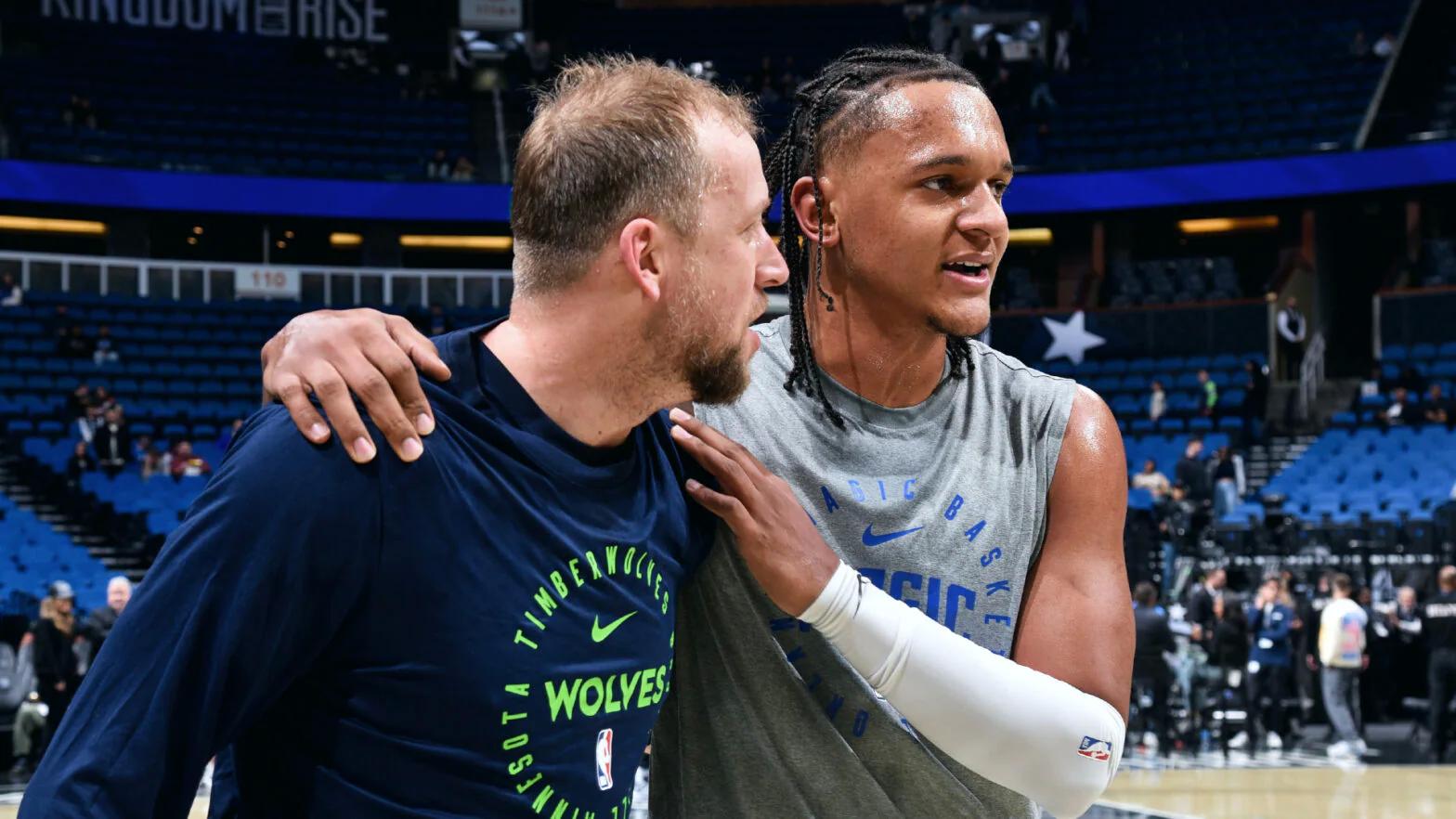
LATEST NEWS
